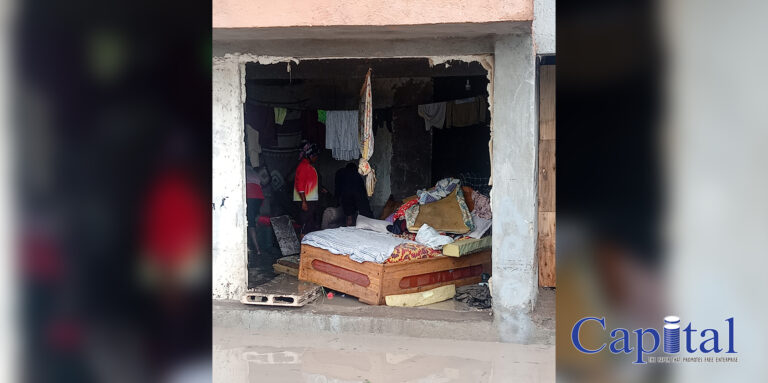Mulatu Plays Mulatu’s Ethio-jazz Brings Us Together
Mulatu Plays Mulatu is Mulatu Astatke’s first major studio album in more than a decade. Furthermore, it presents new arrangements of his classic compositions.
Sessions took place in London and Addis Ababa with his long-standing U.K. band and cultural musicians from his Jazz Village club in Addis. The project advances his Ethio-jazz vision, balancing Western jazz arranging with traditional Ethiopian instruments, including the krar, masenqo, washint, kebero, and begena.
Track 1 opens with Zèlèsènga Dèwèl, which features a series of vibraphone and sax improvisations. Familiar piece “Kulun” is deeply rooted in Ethiopian tradition, with an irresistible dance rhythm and captivating flute and trumpet work.
“Netsanet” opens with mesmerizing, crystalline vibraphone and slowly builds into an infectious Ethio-funk piece.
“Yekermo Sew” appears as a big-band performance with masterful grooves, expanded vibraphone and trumpet improvisation and tighter rhythmic focus.
On “Azmari,” Mulatu Astatke invites band members to a series of inventive improvisations.
“Chik Chikka” is a rhythmic piece with layers of percussion, brass, and a fantastic Ethiopian fiddle (masenqo or masinko) performance.
On “The Way to Nice” the sound shifts towards alluring Latin jazz rhythms mixed with Ethiopian melodies plus stellar flute.
“Motherland Intro” is a delightful romantic piece with piano and fiddle. It leads the way to a slow tempo bolero-style composition with relaxed beats and engaging Cuban-style smoky trumpet.
The track “Mulatu” continues with the Latin Jazz-Ethiojazz mix that characterizes Mulatu Astatke’s hybrid sound.
The last track is “Yèkatit,” which features a funk groove with a wah-wah kind of sound joined by sax and acoustic bass improvisations.
Dexter Story produced the record, with contributions from Los Angeles–based artists Carlos Niño and Kibrom Birhane. Isabel Gracefield recorded and mixed at RAK Studios in London; Story handled additional recording and mixing in Addis Ababa.
Wendimagegn Belete created the artwork, and Alexis Maryon provided photography.
Astatke describes the album as the culmination of his effort to share Ethio-jazz globally. “Ethio-jazz brings us together and makes us one,” explains Mulatu. “This album is the culmination of my work bringing this music to the world and pays respect to our unsung heroes, the original musical scientists in Ethiopia who gave us our cultural music.”






